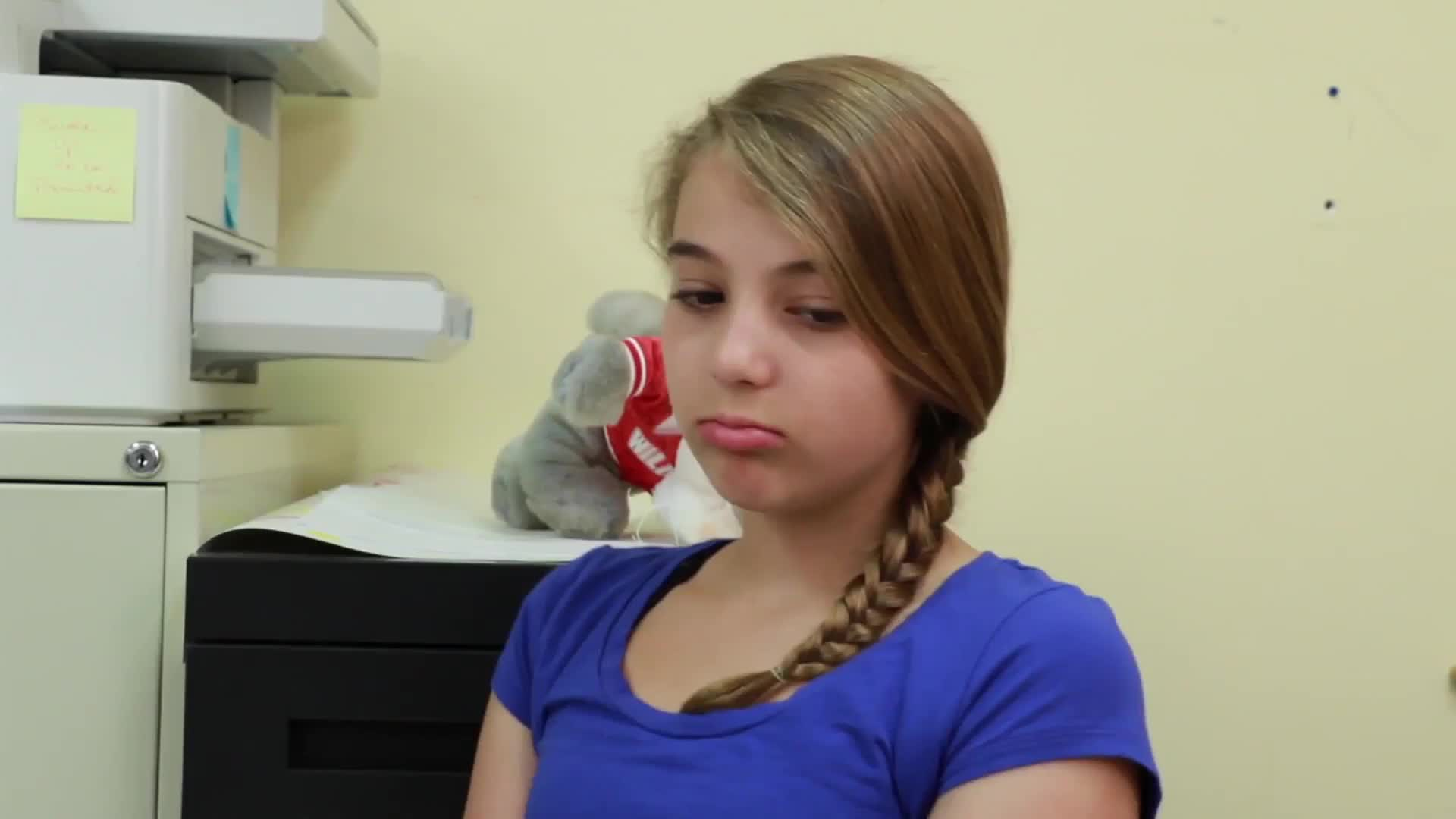
Introduction
Emotions Bingo is an engaging activity designed to help students understand and recognize various emotions in themselves and others. This game provides an interactive and enjoyable way for educators to incorporate principles of Social-Emotional Learning into their classroom. The activity is suitable for students of all age groups and fosters empathy, self-awareness, and effective communication skills.
No-Prep Activity
To play Emotions Bingo, first, create a bingo board for each student containing different emotions such as happy, sad, angry, calm, and so on. Next, show a series of videos or images depicting people displaying various emotions. After each video or image, pause and ask students to identify the emotion being portrayed. If a student correctly identifies the emotion, they can mark it on their bingo board. The first student to get four emotions in a row – horizontally, vertically, or diagonally – can call out “Bingo!” and wins the game. This activity requires no preparation or materials from the educator, making it an ideal choice for busy classrooms.
Discussion Questions
- What are some ways to recognize different emotions in others? How can you tell if someone is happy, sad, or angry?
- How do our own emotions affect our interactions with others? Can you think of a time when your emotions influenced your behavior towards someone else?
- Why is it important to be aware of and understand our own emotions? How can this self-awareness help us in our relationships with others?
- Can you think of a situation where someone else’s emotions affected you? How did you respond, and what could you have done differently?
- How can we practice empathy and understanding towards others, even when their emotions might be different from our own?
Related Skills
Emotions Bingo not only helps students recognize emotions but also teaches them valuable social-emotional learning skills. Some related skills that can be developed through this activity include:
- Empathy: Understanding and sharing the feelings of others.
- Active listening: Paying full attention to the speaker and showing genuine interest in their message.
- Conflict resolution: Identifying and resolving disagreements in a healthy and constructive manner.
- Self-regulation: Managing one’s own emotions and behaviors in various situations.
Next Steps
Emotions Bingo is just one of the many engaging activities designed to teach students essential social-emotional learning skills. To explore more activities and resources, we encourage you to sign up for free samples at Everyday Speech. By incorporating these materials into your classroom, you can help students develop the skills they need to navigate social situations and foster healthy relationships.

